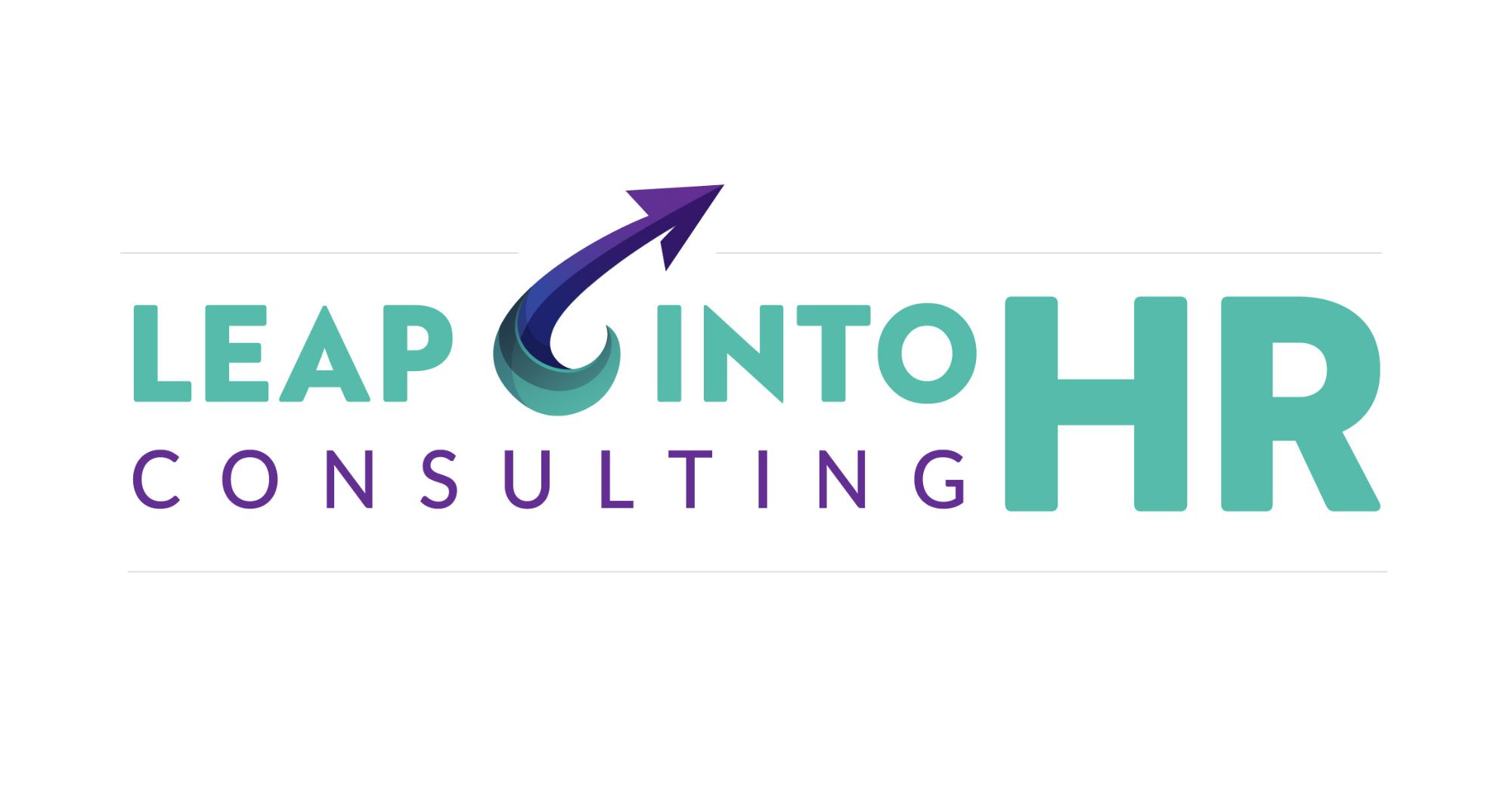Is Summer Stress a Sign You’re Ready to Leave Corporate HR?
Posted on
Why Now Is the Time to Plan Your HR Consulting Career for 2026
Every summer, senior HR professionals across the UK and beyond face the same challenge: the great juggle. You're managing employee relations, navigating change, and sitting on leadership teams,while simultaneously sorting childcare, summer clubs, family holidays, and everything in between.
If you’re nodding along, you’re not alone.
